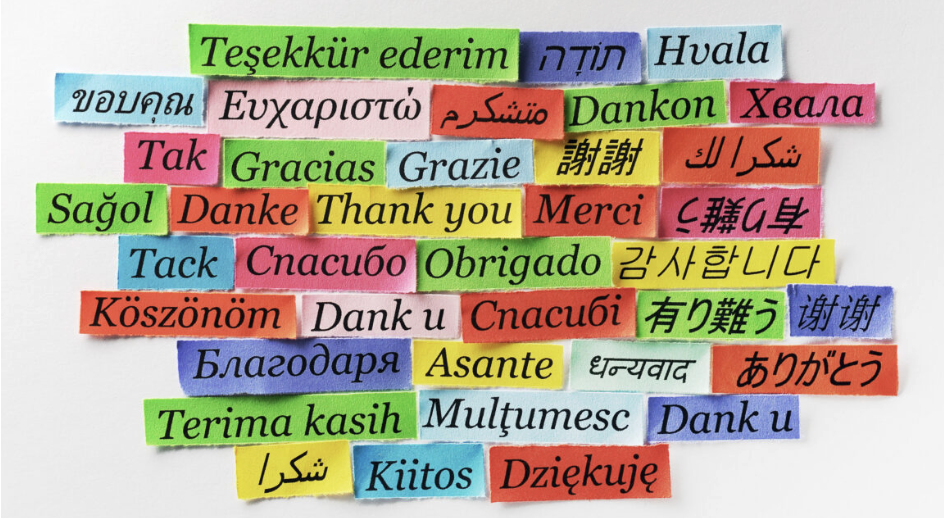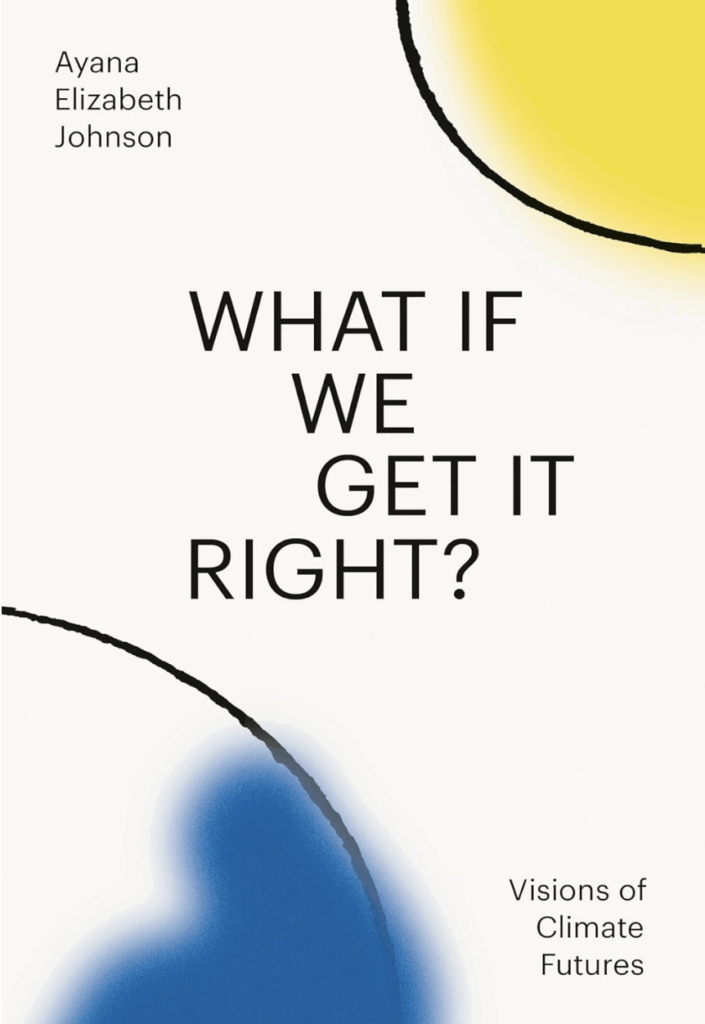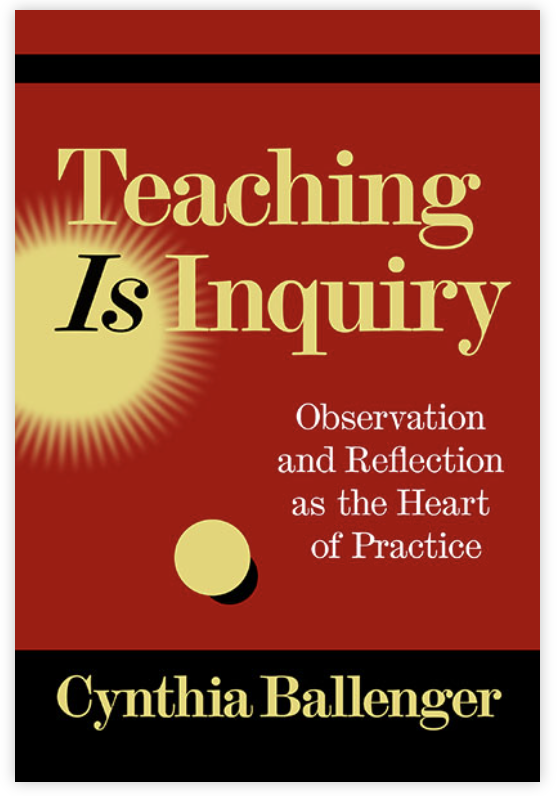Volume 2, Issue 8 | October 2025
Do you have news? Want to recommend or comment on a resource? Have you recently published something? Do you have questions for the other Climate and Equity Fellows? The next newsletter deadline is November 10th — but you can contact us anytime!
Updates from Climate and Equity Fellows

Designing Regional Climate and Equity Institutes
Earlier this month, 6 Fellows, Carl Armstrong (’22), Abe Cohen (’22), Diana DePaula (’23), Kelli Grabowski (’23), Sean McFadden (’23) and Sarah Young (’22), took part in a 3-day retreat to design two Regional Climate and Equity Institutes- one for teachers in the Midwest, and the other for teachers in New York State.
By the end of the retreat, each team has an almost entirely fleshed out vision for a 4–6-day institute that would incorporate all the elements of the Schoodic institute in new and thoughtful ways. The teams have already begun to harness their own networks, peers, and knowledge of their contexts, identifying the resources available, the potential pitfalls, and strategizing how to use their contexts to be responsive to their audiences.
The two teams hope implement their plans in Summer 2026. We envision that these two regional institutes will be the first of several across the country in the years to come!
Resources

New Article by Claudia Bouchard (’23) “Teaching Multilingual Learners.”

In the Fall 2025 Issue of Kaleidoscope Journal Claudia shares steps she has taken to create an environment in which her multilingual students can thrive.
From Amanda Darlak (’24):

I just finished listening to What if We Get it Right? by Dr. Ayana Elizabeth Johnson, who co-edited All We Can Save. I highly recommend listening to it instead of reading it, as it resembles a podcast format featuring interviews with individuals involved with climate solutions, including farmers, filmmakers, landscape architects, journalists, policy visionaries, and those dedicated to addressing climate issues. There’s something for everyone, offering new insights into the interconnectedness of the various elements of science, policy, culture, and justice.
I feel rejuvenated and am contemplating how to incorporate some of this information into my Environmental Science class to inspire learning and discussions. Envisioning what the future could look like if we implement the possibilities instead of perpetuating the problems is powerful.
“Sometimes the bravest thing we can do while facing an existential crisis is imagine life on the other side. This provocative and joyous book maps an inspiring landscape of possible climate futures.”
EN-ROADS
Some Fellows have experience using EN-ROADS — It’s being used at MIT, too, with positive results on students’ understanding of climate change, and their interest in taking climate action. Do you have stories about how it’s worked with your students? Or with your colleagues?
Tipping Points
“As COP30 approaches, we’ve synthesized the latest research on tipping points – both positive and negative – into the Global Tipping Points Report 2025. A total of 160 authors, from 23 countries and 87 institutions contributed. Together, we’ve consolidated knowledge on how to govern Earth system tipping points, the risks they pose, and the opportunities presented by understanding and acting on positive tipping points.” See the latest report here.
Teaching is Inquiry: Observation and Reflection As the Heart of Practice. By Cynthia Ballenger.

Inquiry is a central value in science education. It is not a technique, but an orientation, a way of coming-to-know about questions of importance to the learner. From the question, thinking unfolds, helped by resources and by other people with whom you share the thinking and the wondering, talking, and doing. Cindy Ballenger, an experienced teacher-researcher (and former TERC colleague) writes with penetration and insight about the teacher-learner, deriving guidelines and techniques for observation and reflection from vivid, honest, and engaging examples of her own encounters with puzzling children or puzzling moments. You will want to read this gracefully written book more than once. From her introduction: “Teaching as inquiry is not an additional task; it does not take extra time and attention. Rather, it is a way of being in the classroom that can help children and reinvigorate our own sense of the excitement of teaching and learning.”
Now’s your chance! Deadline for next newsletter
Send us your ideas, your news items, or resource reviews by November 10th for next month’s newsletter.
Call-backs: Feel free to suggest topics for future call back sessions
Contact Brian at climateandequity@terc.edu with ideas and proposals!
The Climate and Equity project is funded by the John D. and Catherine T. MacArthur Foundation.
